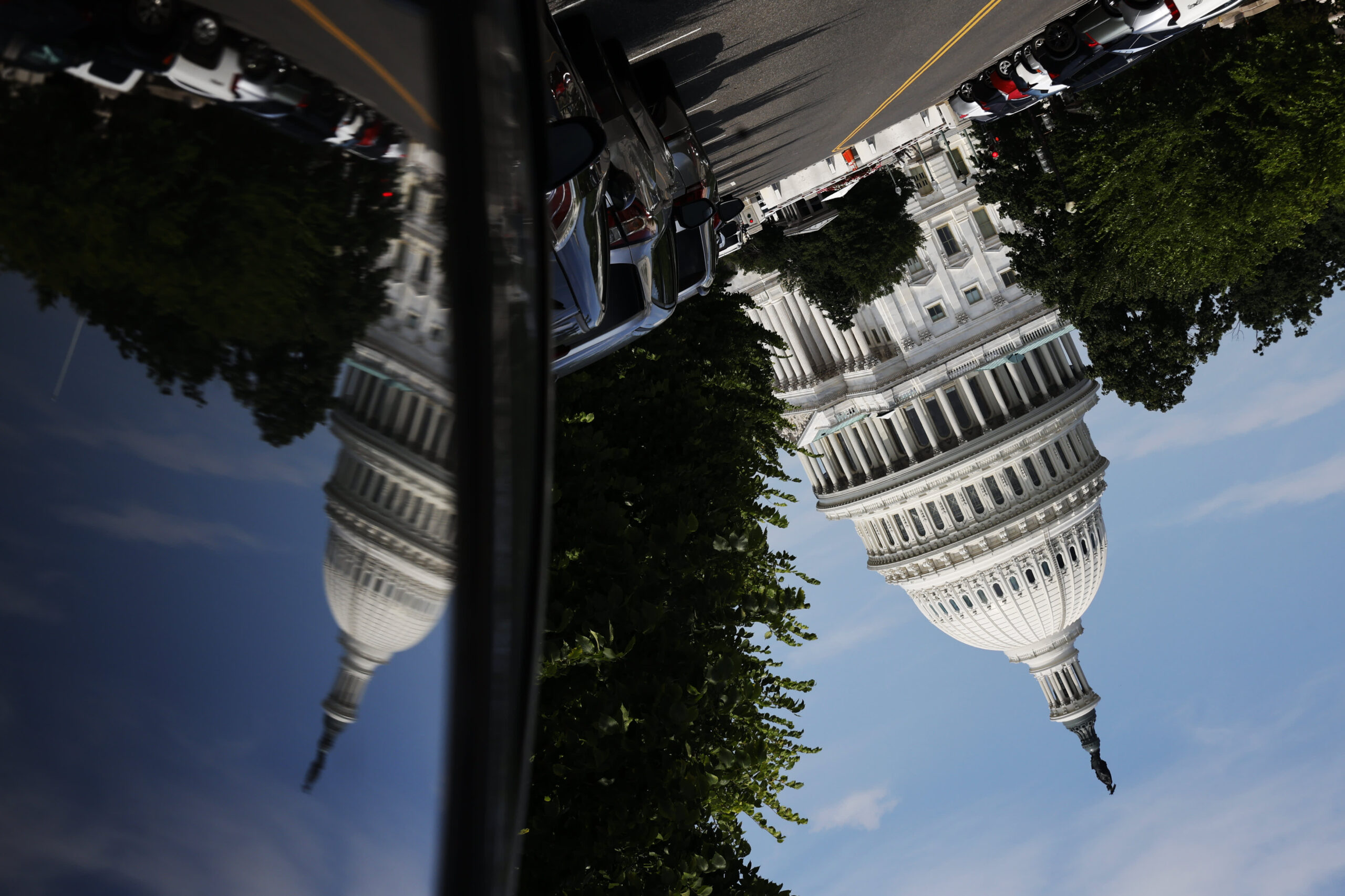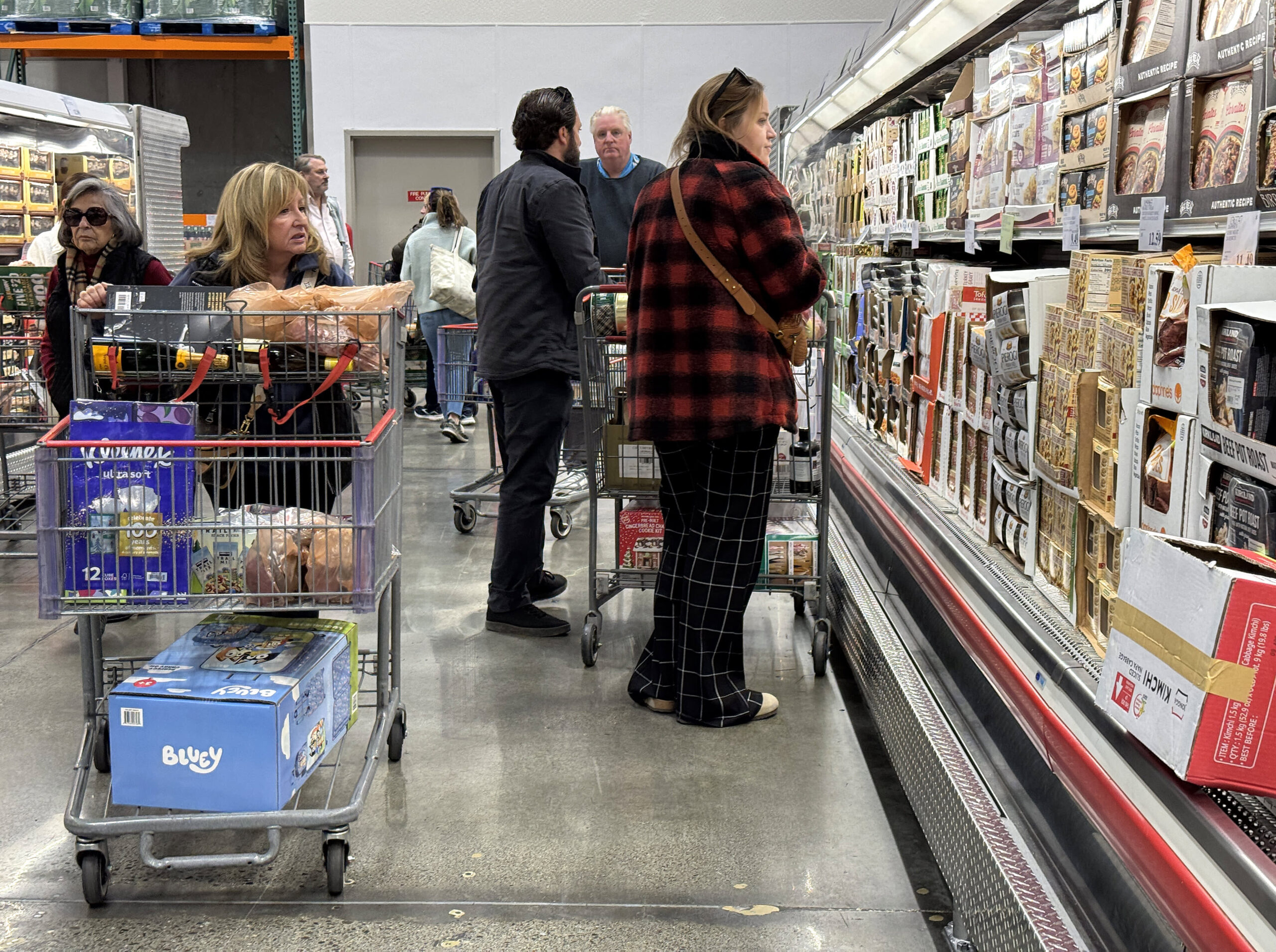BEIJING: The China “overcapacity” narrative pushed by some Western politicians and news outlets is based on fear, say foreign officials, who emphasise that China will continue to play a key role in ensuring the long-term stability of the global supply chain.
Dismissing these claims, Edward Kieswetter, council chairperson of the Brussels-based World Customs Organisation (WCO), said China had become a global leader in investment, renewable technologies and related manufacturing fields.
“I understand that this may present a concern in certain parts of the world, but I don’t agree with some Western countries’ fear-based responses,” said Kieswetter, who is also commissioner of the South African Revenue Service.
“We need to adopt an open mind and a more inclusive orientation, seeing ourselves as partners. We certainly encourage more partnerships to be built with China within the WCO,” he added.
Speaking on the sidelines of the WCO Global Authorised Economic Operator Conference 2024, held in Shenzhen, Guangdong province last week, Kieswetter reiterated the importance of China’s significant role in global trade, noting that 25% of global trade involves China in some capacity.
“For most countries, China is a crucial trading partner,” he said. “In my experience, China recognises its significant role both as a global trade market and as a key supplier to the world.”
Supported by its companies’ green transformation and industrial upgrade, China’s foreign trade expanded 5.7% year-on-year to 13.81 trillion yuan (US$1.91 trillion) in the first four months, while its exports rose 4.9% to 7.81 trillion yuan, said the General Administration of Customs.
“We find that mutual capacity-building initiatives, administrative agreements, and information exchanges are all key mechanisms for strengthening trade relations,” said Kieswetter.
Sharing similar views, Snorri Olsen, commissioner of Iceland Revenue and Customs, said that the “China overcapacity” narrative is wrong and trade between China and Iceland will continue to grow after they signed an authorised economic operator (AEO) mutual recognition agreement in Shenzhen last week.
AEO mutual recognition deals allow customs authorities to recognise certified AEO companies for streamlined customs clearance, aiming to enhance cooperation between customs authorities, businesses and other government departments.
As of Monday, China had signed AEO mutual recognition agreements with 28 economies, covering 54 countries and regions.
Currently, the trade environment between China and other economies participating in the Belt and Road Initiative remains relatively stable, said Xu Hongcai, deputy director of the China Association of Policy Science’s Economic Policy Committee.
Notably, China’s exports to regions such as South-East Asia, Latin America and Central Asia have maintained rapid growth since the beginning of the year, effectively offsetting the slower export growth of some developed economies, said Xu.
For instance, China’s trade with the Asean rose 8.5% year-on-year to 2.18 trillion yuan in the first four months, accounting for 15.8% of its total trade value.
Liang Ming, director of the Institute of International Trade, which is part of the Chinese Academy of International Trade and Economic Cooperation, said efforts should be accelerated to sign free trade agreements with emerging markets or actively advance the upgrading negotiations of existing agreements.
This aims to be proactive in stabilising or improving the policy and regulatory environment faced by exporters in both China and abroad, he said. — China Daily/ANN

